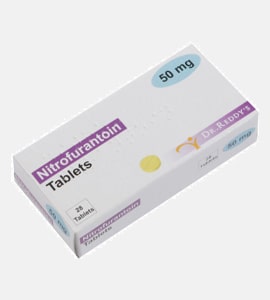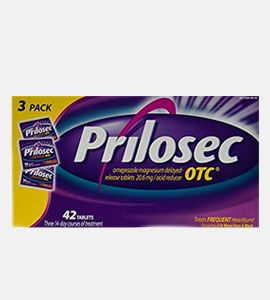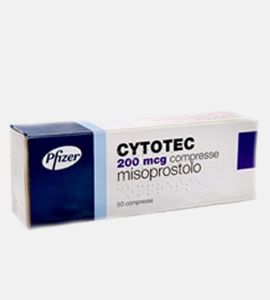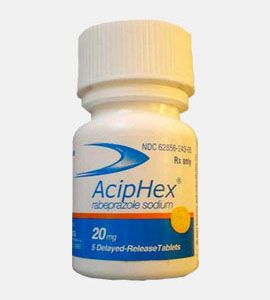Description
Common use
Macrobid is a wide spectrum antibiotic. It inhibits construction of a bacterial cell wall, synthesis of a bacterial DNA and RNA, proteins, inhibits aerobic metabolism. This medication is used to treat bacterial infections of the urinary tract caused by E. Coli, Enterobacter cystitis, Staphylococcus aureus, and Enterococcus, Klebsiella such as pyelitis, pyelonephritis, cystitis, urethritis, to prevent infections during urological surgeries, cystoscopy, catheterization. Macrobid is a sustained release macrocrystalline form of the antibiotic. Nitrofuranton is also available in a microcrystalline form (Furadantin), and a macrocrystalline form (Macrodantin). Absorption of the medication depends on the size of crystals and the presence of food in the gastrointestinal tract.
Dosage and directions
Take100 mg of Macrobid every 12 hours. Taking with a meal or milk increase its absorption and helps to avoid your stomach upset. The usual course of treatment continues for seven days. Follow all recommendations of your doctor. Do not stop or start this medication without your doctor's permission.
Precautions
Before to take Macrobid to inform your doctor if you have kidney disease, anaemia, diabetes, an electrolyte imbalance, glucose-6-phosphate dehydrogenase (G6PD) deficiency, vitamin B deficiency, any type of debilitating disease. This medication can change the results of urine glucose tests. This medication may cause diarrhoea if you have watery or bloody stools inform your doctor about. Do not take any antidiarrhea medication unless it was administered to you as diarrhoea may be a sign of a new infection.
Contraindications
Macrobid cannot be used in patients with kidney or liver failure, jaundice in history, glucose-6-phosphate dehydrogenase deficiency, acute porphyria, pregnancy, in children under 12 years of age. Breastfeeding should be interrupted when on Macrobid.
Possible side effect
The most common adverse reactions are headache, dizziness, drowsiness, allergic reactions (rash, itching), nausea, vomiting. In rare cases, diarrhoea, loss of appetite, pseudomembranous colitis, and abdominal pain may occur.
Drug interaction
High doses of probenecid (Benemid) or sulfinpyrazone (Anturane) can inhibit secretion by kidney channels and decrease urine levels of Macrobid. Consequently blood concentrations of Macrobid increases as well as the risk of toxicity. Antibacterial effect of Macrobid is reduced by nalidixic acid, while is absorption is decreased by antacids which contain magnesium trisilicate. Co-administration with quinolone antibiotics such as norfloxacin (Noroxin) reduces their effects.
Missed dose
If you miss a dose, take it as soon as you remember unless it is almost time of your next dose. If it is near the time of the next dose, skip the missed dose and return dosing schedule. Do not double the dose to make up the missed dose.
Overdose
Symptoms of overdose include nausea or vomiting. If you suppose that too much of Macrobid was taken to seek immediate medical attention.
Storage
Store at room temperature in a tight container, away from moisture and humidity.



